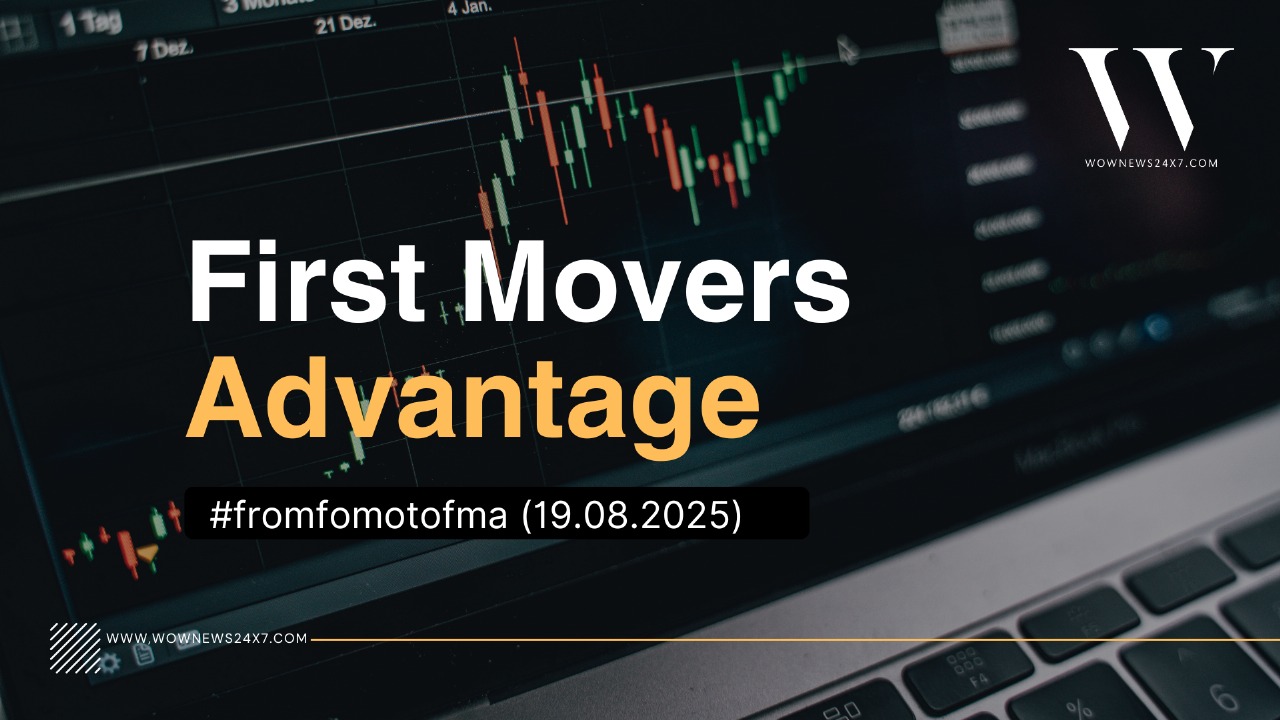
Follow WOWNEWS 24x7 on:

As plant-based eating gains momentum across India, the spotlight is turning to vegan protein sources that are both culturally familiar and nutritionally robust. With rising awareness around fitness, sustainability, and dietary inclusivity, Indian kitchens are rediscovering traditional ingredients that meet modern nutritional needs. Whether you're a seasoned vegan or simply looking to diversify your protein intake, these four staples offer a powerful blend of taste, affordability, and health benefits.
Essential Picks for a Balanced Vegan Plate
1. Soy Products: Tofu, Tempeh, and Soy Chunks
Soy stands out as a complete protein, meaning it contains all nine essential amino acids. In the Indian context, soy chunks are widely used in curries and biryanis, while tofu and tempeh are gaining popularity in stir-fries and fusion dishes.
Key nutritional benefits:
- High protein density with low saturated fat
- Rich in iron and calcium
- Versatile in texture and flavor profiles
Smart cooking tips: Press tofu before cooking for better texture, air-fry soy chunks for a crispy bite, and pair tempeh with spices like turmeric and cumin for enhanced absorption.
2. Lentils and Dals: Masoor, Moong, Urad, and Toor
These humble pulses are the backbone of Indian cuisine and offer a potent mix of protein and fiber. While each dal has its own amino acid profile, combining them or pairing with grains like rice or roti creates a complete protein meal.
Key nutritional benefits:
- Affordable and widely available
- Supports gut health through fiber
- Rich in folate and potassium
Popular preparations: Khichdi, sprouted moong chaat, idli-dosa batter with urad dal, and mixed-dal tadkas for a fuller amino spectrum.
3. Chickpeas and Beans: Chana, Rajma, and Lobia
These legumes are hearty, satisfying, and packed with slow-digesting carbohydrates that provide sustained energy. Chickpeas are especially versatile, used in everything from chole to hummus.
Key nutritional benefits:
- High protein with complex carbs
- Good source of iron and magnesium
- Supports blood sugar stability
Preparation tips: Always soak overnight and pressure-cook well. Add digestive aids like cumin or asafoetida to reduce bloating.
4. Nuts and Seeds: Peanuts, Almonds, Chia, Flax, and Pumpkin
Though often overlooked as protein sources, nuts and seeds offer concentrated nutrition in small servings. They’re ideal for snacking, garnishing, or blending into smoothies and chutneys.
Key nutritional benefits:
- Rich in healthy fats and micronutrients
- High satiety value, curbing cravings
- Supports skin, hair, and metabolic health
Usage ideas: Stir chia into plant-based curd, sprinkle ground flax on sabzi, use peanut chutney for extra protein, and keep roasted chana handy for quick bites.
Why Protein Matters in a Vegan Diet
Protein plays a vital role in muscle repair, metabolic function, immune health, and satiety. On a vegan diet, strategic combinations—like dal with rice or dosa with sambar—help ensure complete amino acid intake. Adding vitamin C-rich vegetables or lemon juice boosts iron absorption from plant sources, making meals more effective nutritionally.
Current Trends and Expert Insights
Nutritionists emphasize that with smart planning, vegan diets can meet all protein requirements without relying on supplements. The Indian diet, rich in pulses, legumes, and seeds, naturally supports this approach. As more people adopt plant-based lifestyles, traditional recipes are being reimagined to enhance protein content without compromising flavor.
Sources: Economic Times, HealthySystem.in, MyDiagnostics.in.


